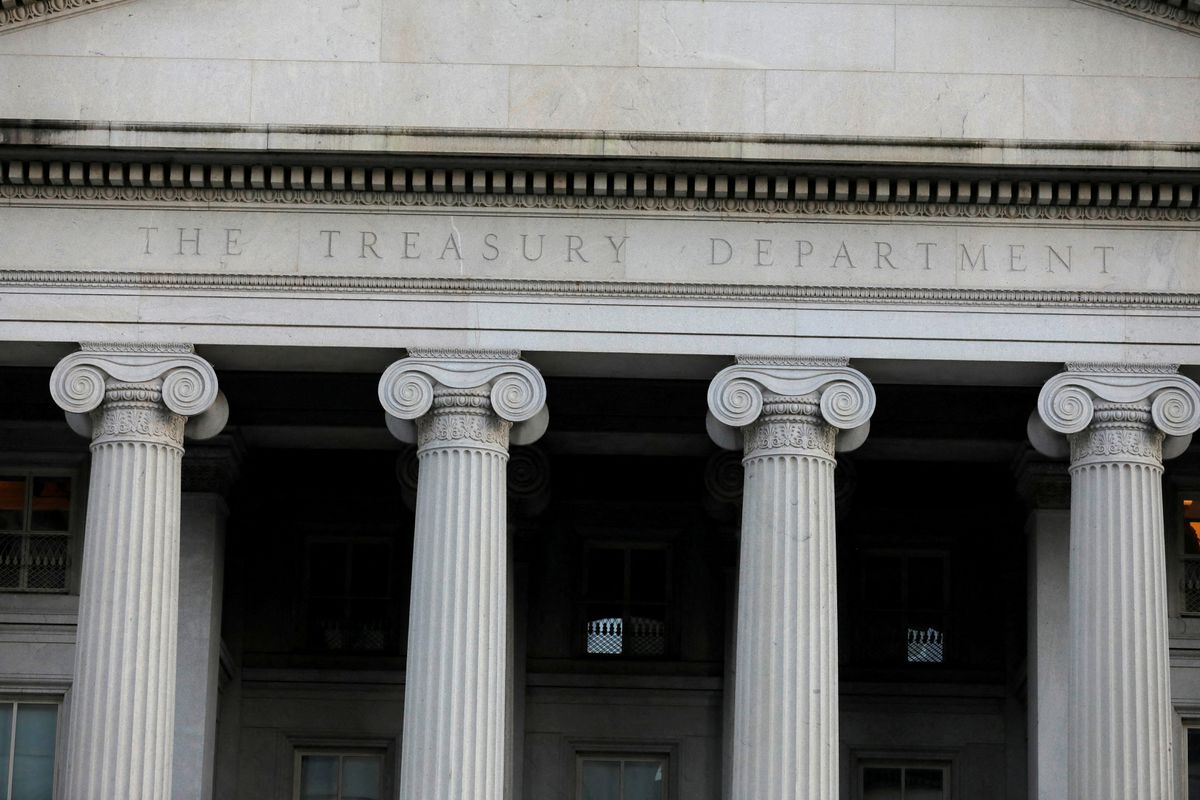
The World Bank announced on Wednesday that it will contribute $30 billion to help combat a food security issue posed by Russia’s war in Ukraine, which has cut off most grain trade between the two nations.
The amount would include $12 billion in new projects and over $18 billion in funds from previously approved but unpaid food and nutrition-related programmes, according to the bank.
In a statement, World Bank Group President David Malpass said, ‘Food price increases are having catastrophic repercussions on the poorest and most vulnerable. It is vital that countries make unambiguous announcements now about potential output increases in reaction to Russia’s invasion of Ukraine to inform and stabilise markets.’
The new projects, according to the bank, will help agricultural, social protection to protect the poor from rising food prices, and water and irrigation projects. Africa and the Middle East, Eastern Europe and Central Asia, and South Asia receive the majority of resources.
The impact of the Ukraine war on grain supplies has been particularly severe in certain locations. Egypt, for example, is heavily reliant on Ukrainian and Russian wheat and is in desperate need of supplies now that Russia has blocked Ukraine’s agricultural exports from Black Sea ports and enforced domestic export limits.
The World Bank’s initiatives made up the majority of a US Treasury Department report released on Wednesday that summarised food security action plans from international financial institutions.
Out of a 2 billion euro package for Ukraine and neighbouring countries affected by the war, the European Bank for Reconstruction and Development plans to make 500 million euros ($523.50 million) available for food security and trade finance for agricultural and food products, according to the Treasury report. Ukraine would receive 200 million euros, while its neighbours would receive 300 million euros.
The International Monetary Fund will give funding through its usual routes, which are constrained by countries’ shareholdings and whether their debt is deemed sustainable.

Post Your Comments